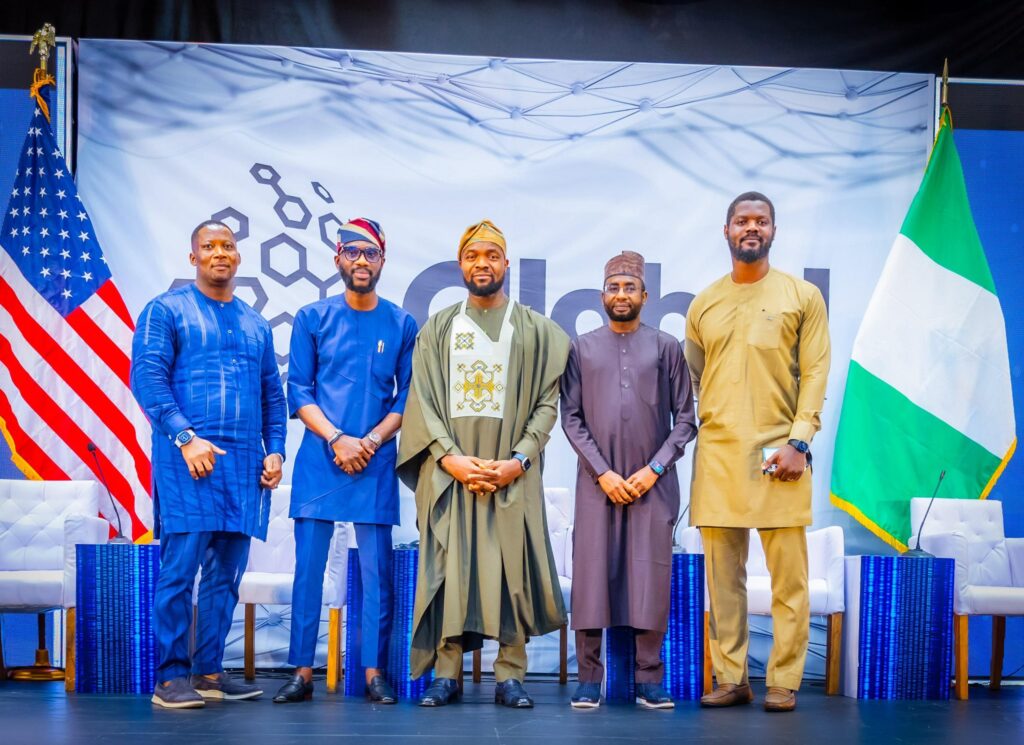Kenya’s President, William Ruto, has publicly supported the presence of Starlink, Elon Musk’s satellite internet service, in Kenya. He believes that Starlink is pushing local competitors like Safaricom to enhance their service quality.
Ruto made these remarks during the US-Kenya Business and Investment Roundtable in New York, which took place alongside the United Nations General Assembly. His comments come after Safaricom, the largest telecom company in Kenya, expressed concerns about the licensing of satellite internet providers like Starlink. In a letter to the Communications Authority of Kenya, Safaricom requested that these providers work with local mobile operators to ensure compliance and avoid potential disruptions.
Safaricom highlighted that satellite coverage could unintentionally extend beyond borders, potentially causing interference within Kenyan territory. This follows Starlink’s introduction of competitive pricing and rental options for its hardware, making it more accessible to Kenyans.
During his speech, Ruto acknowledged the challenges faced by Safaricom’s CEO, Peter Ndegwa, due to increased competition from companies like Starlink. He encouraged Ndegwa by stating that competition drives improvement in service quality. Ruto noted that Ndegwa has responded well to this challenge by enhancing Safaricom’s offerings.
“I have my CEO for Safaricom, sometimes he’s not very happy with me for bringing other characters like Elon Musk and others into the space. I keep encouraging Peter that competition makes you keep ahead and he’s been doing pretty well, I must admit, he’s really upped his game,” Ruto said.
Ruto also discussed his government’s efforts to modernize Kenya’s laws and policies to attract international investors. He mentioned reforms aimed at aligning local regulations with global standards, allowing for 100% ownership of ICT companies without needing local partners. Additionally, he stated that corporate tax regulations have been updated to match international norms.
The president emphasized his commitment to making Kenya’s Export Processing Zones and Special Economic Zones highly competitive within Africa. He also outlined plans to improve ICT infrastructure to bridge the digital divide and promote innovation.



